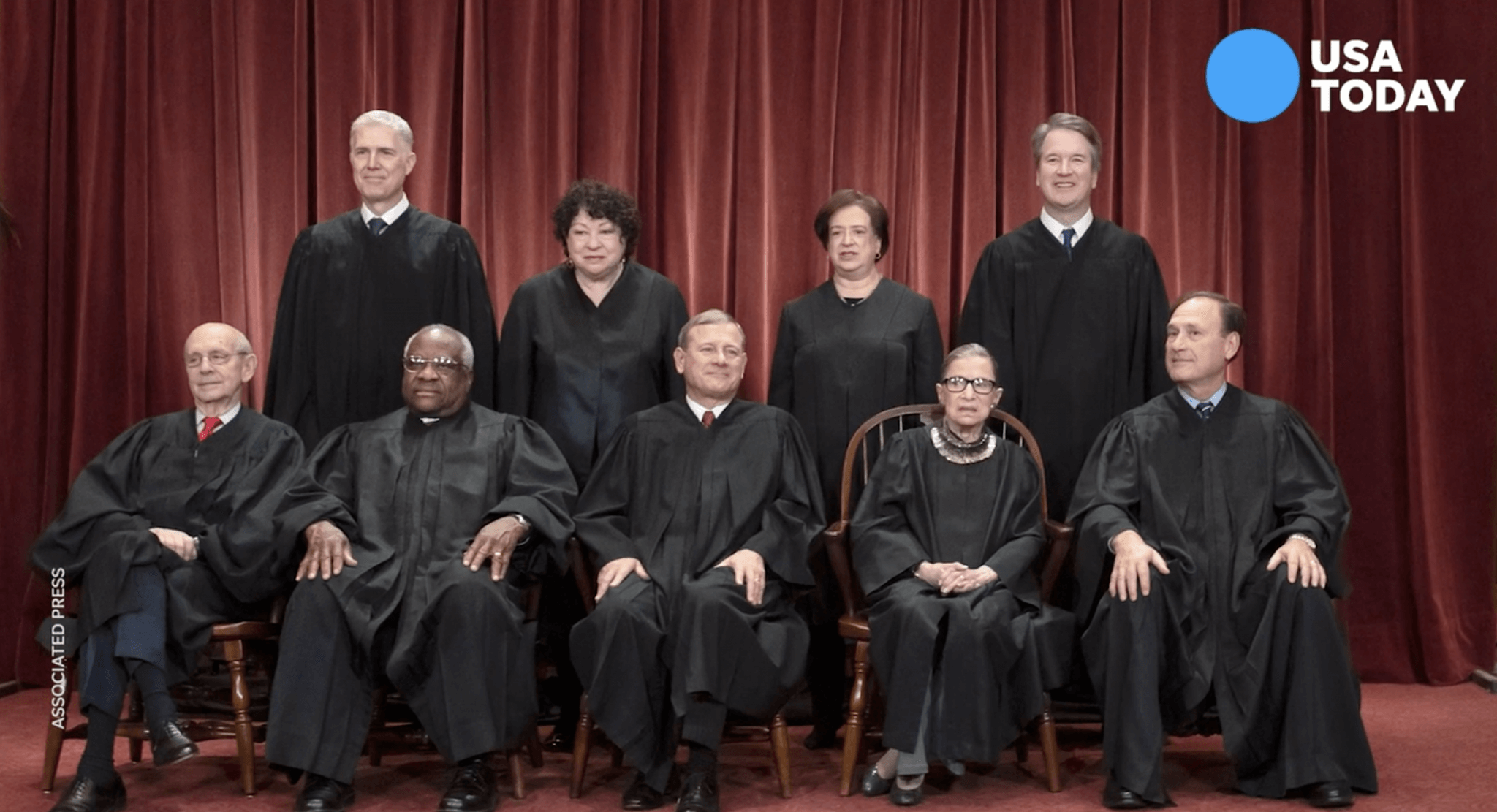Folks, the USA Today story below (national news!) is a
prime example of why the Coastal Network is your watchdog on all things
Delaware and Andre Bouchard’s Chancery Court. You can trust me to keep an eye
out for those things that matter most.
There was a victory for property owners in the United States
Supreme Court this past week, indeed a victory for those who don’t want their
property to be “Taken” by State shenanigans.
As is well-documented, in my educated view and in my
previous articles, It appears Chancellor Bouchard threw out the rule of law and
the U.S. Constitution in his bizarre, illogical rulings on the TransPerfect
case and replaced them with an episode of, “How to Make my Cronies Rich,
on the Backs of 5,000 Employees.”
This is the Federal Government finally changing 30 YEARS of
precedent to give those in the Shawe’s position (citizens facing a State
government “taking” of private property), a better chance to fight
those in Bouchard’s omnipotent and arbitrary position. Now, if someone like Bouchard is taking your
property, you can go right into federal court — you no longer have to wait
until the state court proceedings are finalized.
It’s difficult to say if this is in direct response to the
TransPerfect case or not and my extensive expose of it, but nonetheless,
Bouchard and (Chief Justice / Former Bouchard Intern) Leo Strine, were able to
avoid Federal review of their actions in the TransPerfect fiasco — by legal
“mumbo jumbo.” Well folks, it just got much harder for them and other
State government actors attempting to seize property, and do so without facing
a Federal challenge.
Please see the USA Today article below. Your comments are
welcome and appreciated.
Respectfully Submitted,
JUDSON Bennett-Coastal Network
Conservative victory: Supreme Court gives property owners fast track to challenge government takings
Richard Wolf, USA TODAY
Published 10:27 a.m. ET June 21, 2019 | Updated 12:08 p.m. ET June 21, 2019
WASHINGTON – Landowners won a closely watched property
rights victory at the Supreme Court Friday in a case that centered on a
cemetery.
After holding two oral arguments over four months, the
justices ruled that a Pennsylvania woman whose land was used for access to an
old burial ground can seek compensation in federal court. The 5-4 opinion was
written by Chief Justice John Roberts, with conservative justices behind him
and liberal justices opposed.
“A property owner has a claim for a violation of the
Takings Clause as soon as a government takes his property for public use
without paying for it,” Roberts said. “The property owner may sue the
government at that time in federal court.”
The decision overrules a portion of a Supreme Court
precedent that in turn was based on other cases dating to the late 1800s, which
Associate Justice Elena Kagan noted in her dissent.”Under cover of
overruling ‘only’ a single decision, today’s opinion smashes a hundred-plus
years of legal rulings to smithereens,” she said.
Noting that Associate Justice Stephen Breyer earlier this
term criticized the court’s conservatives for overturning precedent by
wondering “which cases the court will overrule next,” Kagan added:
“Well, that didn’t take long. Now one may wonder yet again.”
The decision represents a victory for conservative and
libertarian groups opposed to government takings. During the second oral
argument in January, Associate Justice Samuel Alito had accused the local
government of seeking “home-court advantage” in state court.
The ruling partially overrules a Supreme Court precedent
dating back more than 30 years – something the court generally tries to avoid,
but which some conservative justices have been more willing to do in recent
years.
The challenge was brought by Rose Mary Knick, who sought
damages for the 2013 invasion of her property by Scott Township, Pennsylvania.
Under local rules, property owners must allow access to private cemeteries
discovered on their land.
The dispute focused on when a taking is effective: When the
government stakes its claim, or only later when financial compensation is
denied in state court.

